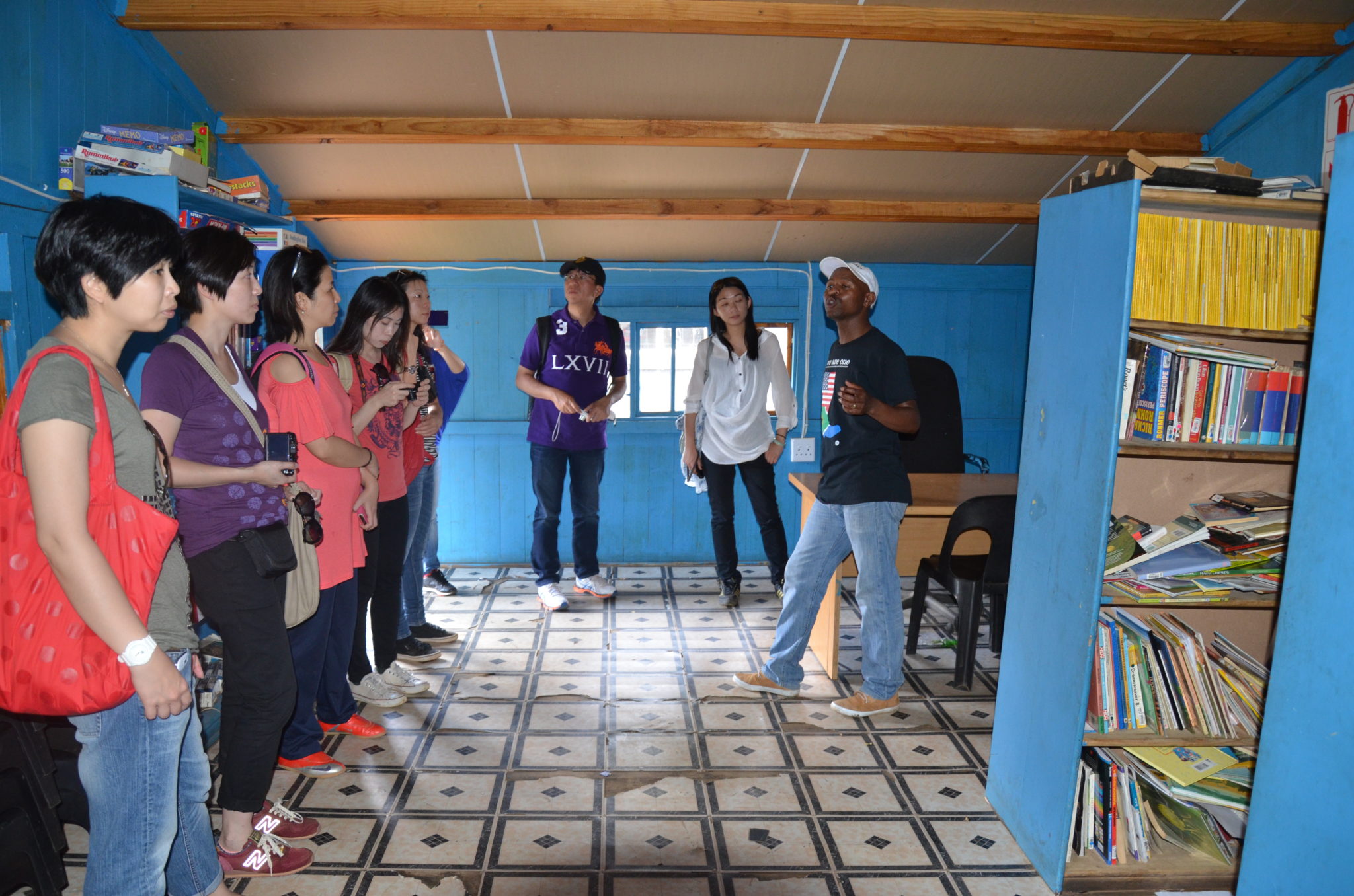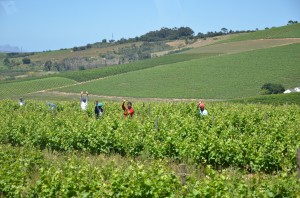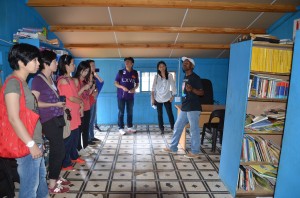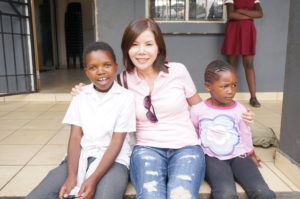
HR Magazine travels across continents to see how Hong Kong Broadband Network (HKBN) is strengthening its commitment to Corporate Social Responsibility.
The relationship betwe
Whilst such acts of CSR unquestionably provide huge benefits to the community in the short-term, many companies of all sizes believe that in order to truly make a difference to society, they must focus their efforts on bringing about positive change in the long-term. As a result, many organisations are investing real time and money to initiatives that contribute to society over time, while strengthening their own businesses. The big challenge for these companies, however, is how to develop an approach that can truly deliver on this ambition while balancing conflicting demands on their attention, time, and resources.
Charity begins at home
One organisation that has overcome this hurdle, is Hong Kong Broadband Network (HKBN), which has integrated CSR into its practices, objectives and overall company culture. One of HKBN’s core values is ‘To make our Hong Kong a better place to live’ rather than ‘To make as much money from Hong Kong as we can’. As part of its commitment to this value, the company recently flew 83 of its staff, or rather Talents, to South Africa on an eight-day expedition to widen their exposure to social entrepreneurships.
The idea being, that gaining first-hand experience of the long-term benefits of such enterprises would inspire Talents to continue their own community work back home. Entitled ‘Better Life South Africa’, the trip comprised a visit to the Kilptown Youth Program in Soweto, a learning session with Western Cape Government delegates and a trip to the world’s first Fair Trade wine farm, Thandi in Cape Town.
Hope for the future
“Education is the most powerful weapon which you can use to change the world.” – Nelson Mandela
Education is a fundame
Project founder and CNN Hero Thulani Madondo explained that by educating and empowering the youth, the community can foster a cycle of giving back, which benefits the community in the long-term. He said, “We aim to provide a life to the children of Kliptown not defined by survival, but by the ability to be active community members, to have dreams and–most of all–to have hope about the future.” To an organisation which already has several initiatives in place to support young people in Hong Kong, this struck a chord with many of the Talents, who were humbled by Madondo’s vision and by the enthusiasm they witnessed within the community.

Johnson Chu, Senior Strategic Marketing Manager & Co-Owner, HKBN and one of the four knowledge volunteers, explained, “The young people we work with really love their jobs, but in some sense they do not have a clear understanding of how the market works and that is where we come in. We teach them how to run their business, how to identify new revenue streams and how to implement promotion strategies. By providing them with our expertise, they have the foundation for long-term business success. Just like the Kliptown Youth Project, our initiative is about giving young people the opportunity to identify their dreams and make them a reality.”
Hand up, not hand out
“A winner is a dreamer who never gives up.” – Nelson Mandela
Helping to shape the future of the country’s youth is one aspect of social entrepreneurship in South Africa, but an example of cross-generational social entrepreneurship can be seen at the Thandi wine farm in Stellenbosch, Western Cape. Thandi, a Xhosa word meaning 'nurturing love', came to be the first agricultural Black Economic Empowerment (BEE) project with the main purpose of uplifting and empowering previously disadvantaged communities out of poverty and providing them with the means to a better life.
The farm, which is co-owned by 250 farm-worker families who hold 55% shares in the company, is the biggest black-owned exporting wine company in South Africa and was the first wine brand in the world to receive Fairtrade accreditation in 2003. The farm prides itself on producing quality wines for devoted wine lovers in 20 countries across the globe, thus giving its people a ‘hand up’ to a better future, rather than a ‘hand out’ from a charity point of view. Vernon Henn, General Manager, Thandi Wines explained, “Although we are able to empower people through the wine sales, Thandi is firstly about quality. We want consumers to repeatedly purchase our product. My aim is to make Thandi one of the biggest, strongest empowerment brands in the wine industry.”
Empowering generations is also at the heart of HKBN’s CSR Programme, Knowledge Volunteers for Community, whereby 22 top executives and middle management make use of their own expertise in business management to support the sustainable development of six social enterprises and related projects. One of the enterprises, the Neighbor Plus Workshop, offers employment to unemployed skilled female garment workers to create and promote product lines to corporate and online customers. Shan Tam, Manager—Business Advisory and Internal Audit & Co-Owner, HKBN who is involved in the project explained, “The women we work with have a strong community mission but they lack the know-how to make money from it and that is where we can help. We work with the women to make their products more marketable and teach them how to present effectively to customers in order to generate sales.”
Tam was able to draw parallels between Thandi Wines and the Knowledge Volunteering Programme, which are both designed to help members of the community develop and sustain their own profitable business. She added, “In Hong Kong many people have the mindset that we must make money and work towards obtaining material things, but we should not ignore those groups of people in our community who do not have the means to earn a living. By helping such people we not only learn more about the community of our home city, we also play an important part in helping to create a better life for them.”

According to the Talents, the trip to South Africa was remarkably successful as a CSR exercise. Many reported that the experience not only opened their eyes to the harsh reality of life for many in South Africa, it also increased their understanding of the benefits of long-term, sustainable initiatives—a concept that underlies HKBN’s own CSR strategy.
Ivy Lau, Director—Talent Engagement & Co-Owner, HKBN explained, “While devoting one day here and there can have a positive effect on the local community, for CSR to make a real impact and bring about long-term benefits, it must be sustainable. As a company, we wanted to take an approach that would have a greater impact on society and people to be self-sustaining. That is why we formed the Knowledge Volunteer team to help the social enterprises develop their own business model in order to improve their profits and help people in need.”
It certainly seems there are striking parallels between the social enterprises in Hong Kong and South Africa in which individuals work collaboratively to keep the hopes of today alive, while creating a better life tomorrow.
Paul Arkwright
Publisher




